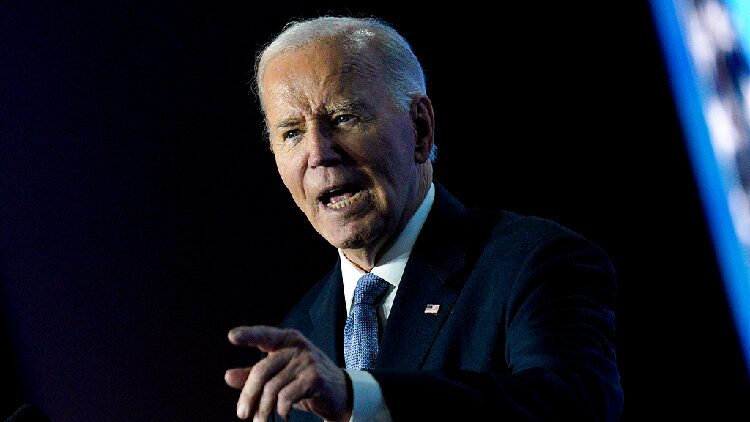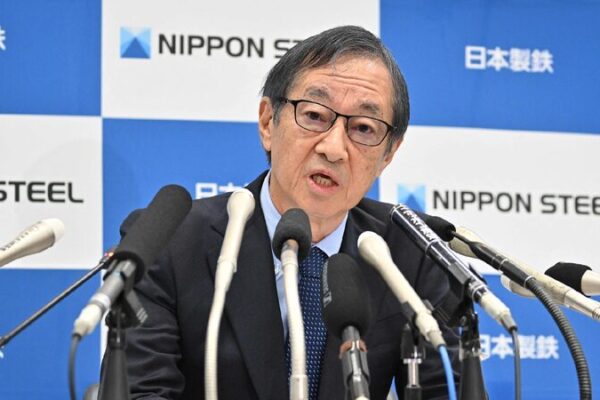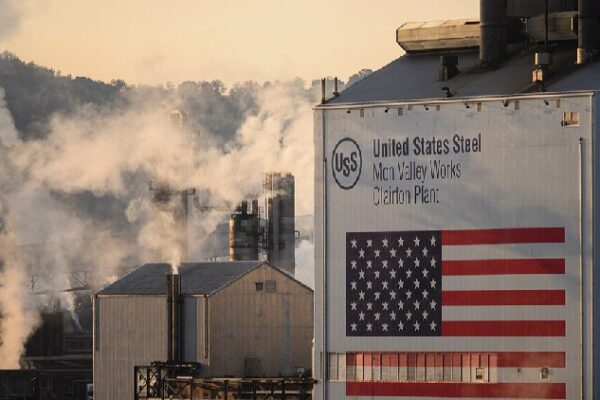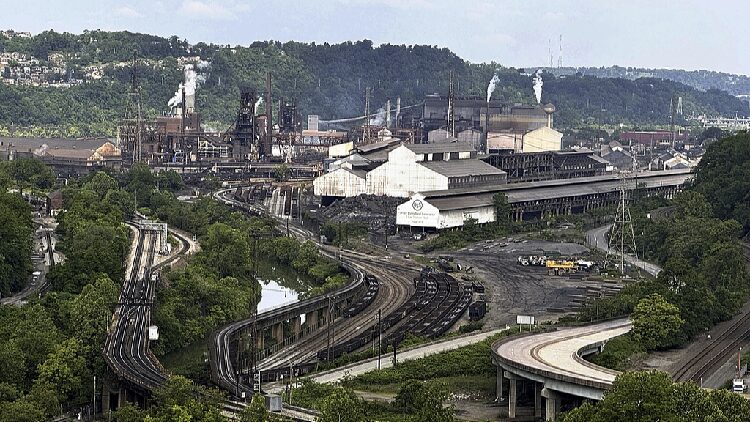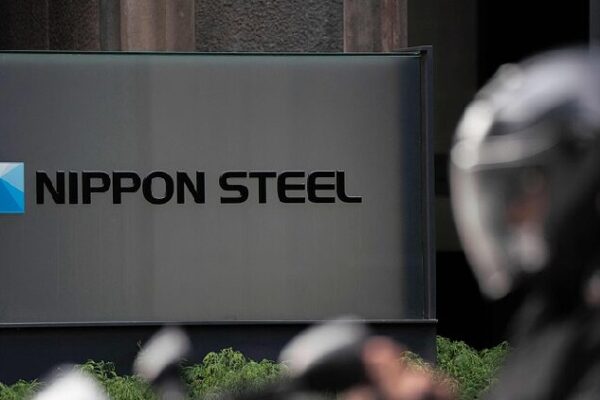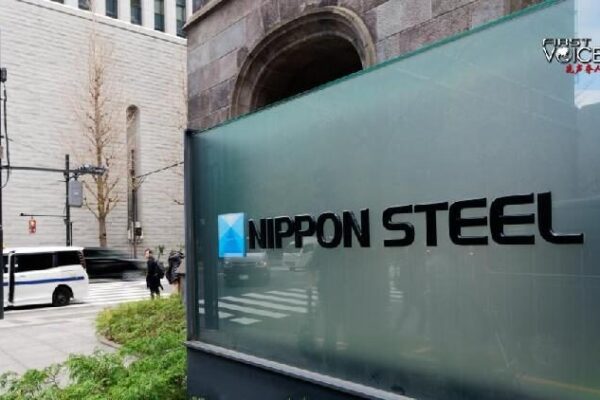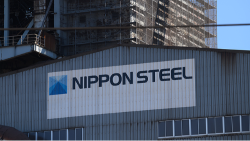January 13, 2025—President Joe Biden’s recent decision to block Japanese company Nippon Steel’s proposed $14.9 billion acquisition of US Steel has ignited a heated debate over national security and economic strategy.
The controversial move came after the Committee on Foreign Investment in the United States (CFIUS) failed to reach a consensus on the deal’s implications for national security. With the committee deadlocked, the final decision fell to President Biden, who cited the Defense Production Act of 1950 in his opposition.
“A strong domestically owned and operated steel industry represents an essential national security priority and is critical for resilient supply chains,” Biden stated. “Steel powers our country: our infrastructure, our auto industry, and our defense industrial base.”
Steel Industry Struggles
US Steel, once a titan of American industry, has faced declining competitiveness and market share in recent decades. The company has struggled to modernize its facilities and retain top talent, leading to financial difficulties and concerns about its long-term viability.
Nippon Steel, the world’s fourth-largest steelmaker, saw an opportunity to revitalize US Steel. The Japanese company pledged to invest in upgrading aging plants in Pennsylvania and Indiana, retain the US Steel brand and headquarters, and honor existing union contracts. The proposed deal promised to boost competitiveness in both domestic and global markets.
Legal Challenges Ahead
In response to the blockage, both Nippon Steel and US Steel filed a lawsuit in federal court, arguing that President Biden’s decision was prejudiced by his longstanding opposition to the deal. The companies contend that the national security concerns are unfounded and that the acquisition would benefit the US economy.
“This decision not only undermines the principles of free trade but also hampers the revitalization of the American steel industry,” a spokesperson for Nippon Steel commented.
Broader Implications
Critics argue that Biden’s use of national security to block the deal sets a worrying precedent. Sarah Bauerle Danzman, an associate professor at Indiana University, noted that the decision contradicts the administration’s own executive orders outlining critical supply chains, which did not include steel.
“Expanding the scope of national security in this manner could harm the credibility of future policies and discourage foreign investment,” Danzman warned.
Republican Representative Dan Meuser voiced concerns about the economic impact on local communities. “This shortsighted decision sacrifices Pennsylvania’s economic future, leaving thousands of families uncertain about their livelihoods,” he stated.
Future Uncertainties
With the enforcement of the blockage delayed until June 18, 2025, the final decision may rest with the incoming administration. Former President Donald Trump, who has announced his opposition to the deal, stated, “I am totally against the once great and powerful US Steel being bought by a foreign company.”
As the CFIUS continues to explore possible modifications to the acquisition, the fate of the deal remains uncertain. Industry experts worry that continued obstruction could further diminish the appeal of investing in the United States, potentially hindering efforts to revitalize domestic manufacturing.
Reference(s):
Biden's blocking of steel deal raises concerns of security overreach
cgtn.com
